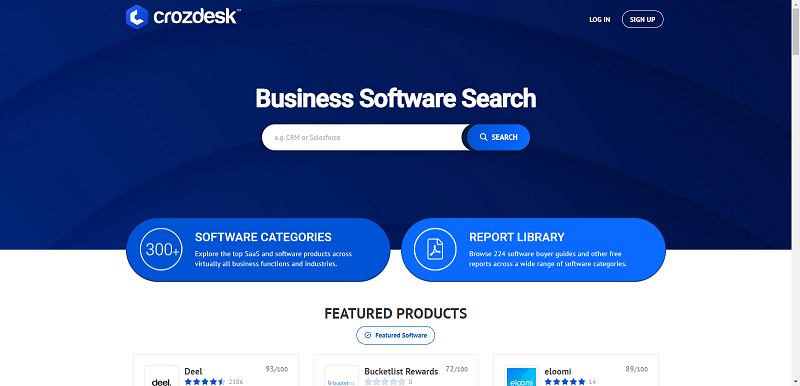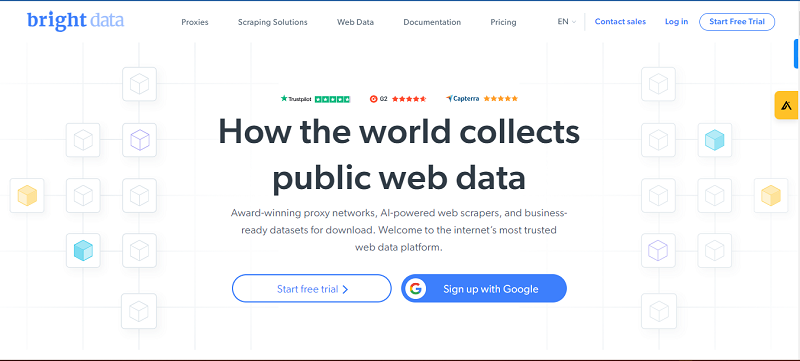Anti-virus systems are now a de facto part of modern computing. In a world where every webpage, email and downloaded file has the potential to contain malicious code or trojan horses there is a need to be more vigilant than ever about the security of your computer and your data.
Traditionally anti-virus programs have been installed directly on a computer’s hard drive – running in the background to alert users to phishing attacks, dangerous files and other online threats. However, as the cloud computing continues to expand we are now seeing the advent of alternative methods of protection – specifically cloud-based anti-virus programs.
Cloud-based anti-virus typically uses lightweight software which runs on your compute while offloading the majority of data analysis to the provider’s infrastructure. This has the effect of using less of your system’s resources and reducing the likelihood of the anti-virus agent itself being compromised due to a design vulnerability.
The benefit that will most appeal to users is the always up-to-date nature of a cloud-based system. There is no requirement to ensure that virus definitions are updated before starting a full system scan because the cloud always has the most recent data, and the anti-virus will often scan suspicious files and webpages by using multiple antivirus engines ensuring that nothing slips through the net.
Another major advantage is speed – the lack of a lengthy installation process and removal of resource-heavy software means not only can a computer be scanned much faster, but the computer itself should run more smoothly than with an ‘always-on’ system running in the background.
Naturally, the biggest drawback of using a cloud-based solution is that you need to be connected to the internet to take full advantage of it. If you are not online the software cannot query the anti-virus cloud – though this can be addressed by the program storing a local cache of the most relevant queries.
Secondly, network bandwidth limitations will frequently prevent some cloud-based anti-virus software from sending the entirety of files that need to be scanned. The workaround utilised by providers is that the software will submit information about the file in question rather than the file itself – though this method could potentially be exploited by skilled hackers and cyber-criminals.
There is no doubt that cloud-based anti-virus programs could be used to replace local software – but it isn’t necessarily a recommended strategy. Either way, they certainly give you a ‘second opinion’ by running in conjunction with a more traditional program.
Normal anti-virus use so much of a system’s resources that it is never recommended to install more than one at a time – especially as two local anti-viruses running at the same time could also cause system conflicts – but an online anti-virus tool that performs a quick scan of your system without running in the background shouldn’t cause any problems.
Have you used cloud-based anti-virus? Did you find them to be an effective way of protecting your machine? Let us know in the comments below.
By Daniel Price





